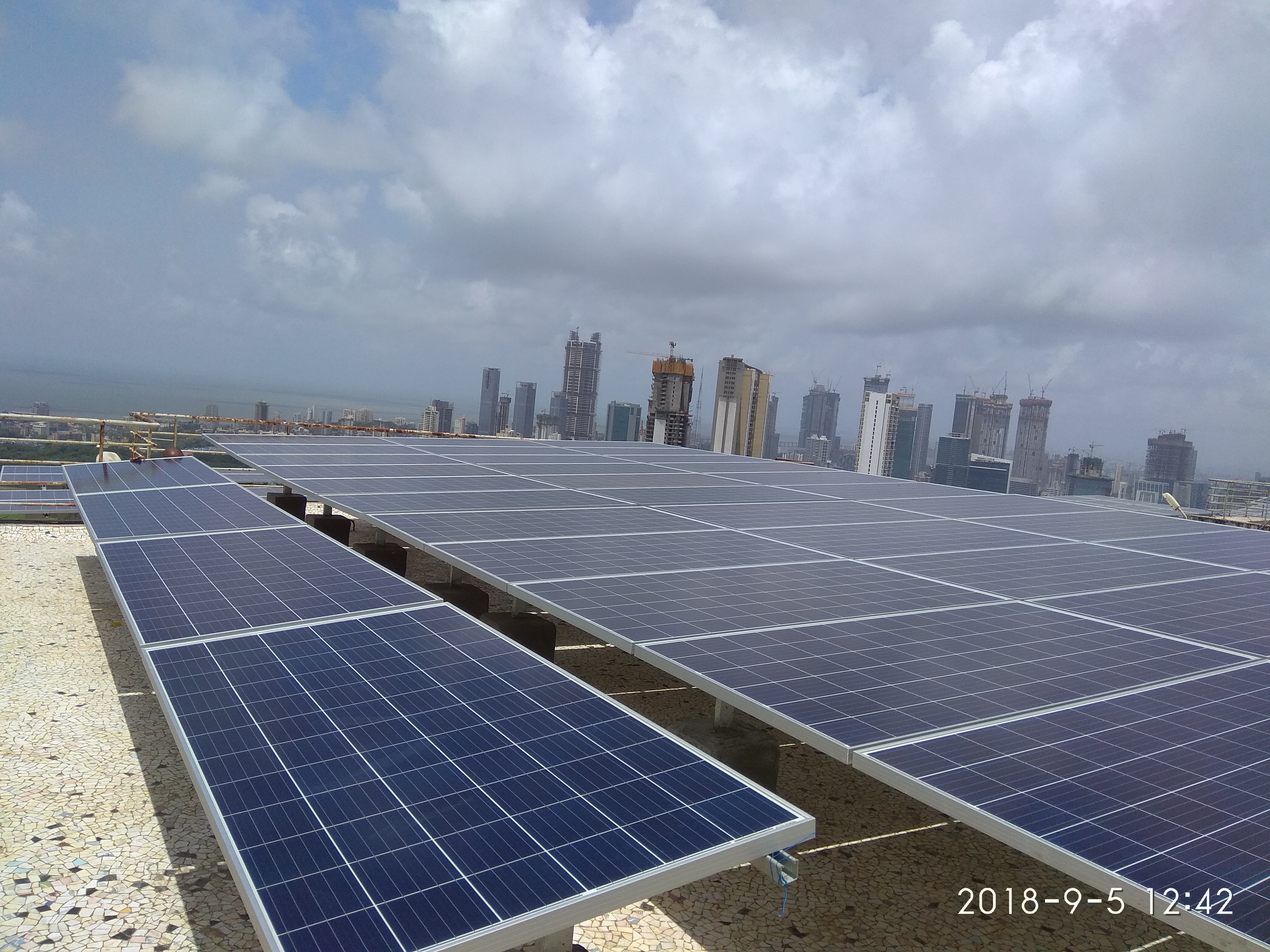


In recent years, solar energy has emerged as a compelling solution in various sectors and industries. The dairy industry is no stranger to this innovation. It is constantly seeking ways to improve efficiency, reduce cost, and minimize environmental impact. Let’s explore the reason why the dairy industry should consider exploring turnkey solar solutions.
1. Cost Saving and Financial Incentives
One of the primary motivations for adopting solar systems in the dairy industry is the potential for significant cost savings. In addition to reducing grid dependence, solar energy also helps dairy farms generate their electricity. With advancements in solar technology and the decreasing costs of solar panels, the initial investment in commercial solar installation is becoming more affordable.
2. Reduced Operational Cost
Dairy farms require electricity for various processes such as milk cooling, water heating, and equipment operation. Farms can significantly reduce their operational cost associated with electricity consumption by integrating solar systems. The energy generated by solar panels during daylight hours can be directly used to power on-farm operations.
3. Energy Independence and Security
Solar systems offer dairy farms a degree of energy independence by allowing them to generate their own power on-site. In remote or rural areas, this independence is especially valuable as access to the grid may be limited or unreliable. Dairy farms can ensure a more stable and secure power supply by relying on solar energy.
4. Environmental Sustainability
The dairy industry, like others, is under pressure to adopt sustainable and environmentally friendly practices. With the help of solar systems, dairy farms can easily reduce their carbon footprint and contribute to the global effort to combat climate change. Moreover, incorporating turnkey solar solutions into dairy operations aligns with consumer preferences for sustainable and responsibly produced food products.
5. Efficient Use of Available Space
Dairy farms usually have ample spaces where they can install solar panels. Solar systems can be integrated into existing structures or set up as ground-mounted arrays, utilizing otherwise unused land. This also ensures that the commercial solar installation does not interfere with daily farming activities, providing a seamless integration of renewable energy infrastructure.
6. Long-term Reliability and Durability
Solar systems are known for their durability and longevity. With minimal maintenance, photovoltaic panels typically last 25-30 years. Dairy farms can rely on this source of energy for a long time because of its long-term reliability. Dairy farmers can benefit from the installation of solar energy systems by reducing their energy costs.
7. Smart Integration of Technology
Dairy farms can optimize their energy usage with the advances in solar technology and smart grids. During periods of low sunlight or high demand, smart integration lets excess energy be stored efficiently in batteries. As a result of this flexibility, solar systems are highly reliable and provide a constant and steady supply of power to dairy farms.
Embracing the solar system in the dairy industry can prove to be a strategic and forward-thinking decision. In addition to its financial benefits, solar energy can also reduce the impact on the environment while increasing energy independence. By harnessing the power of the sun, the dairy industry can not only improve its bottom line but also contribute to a more sustainable and resilient future. Get in touch with a top solar company in India to harness the power of the sun for your business.